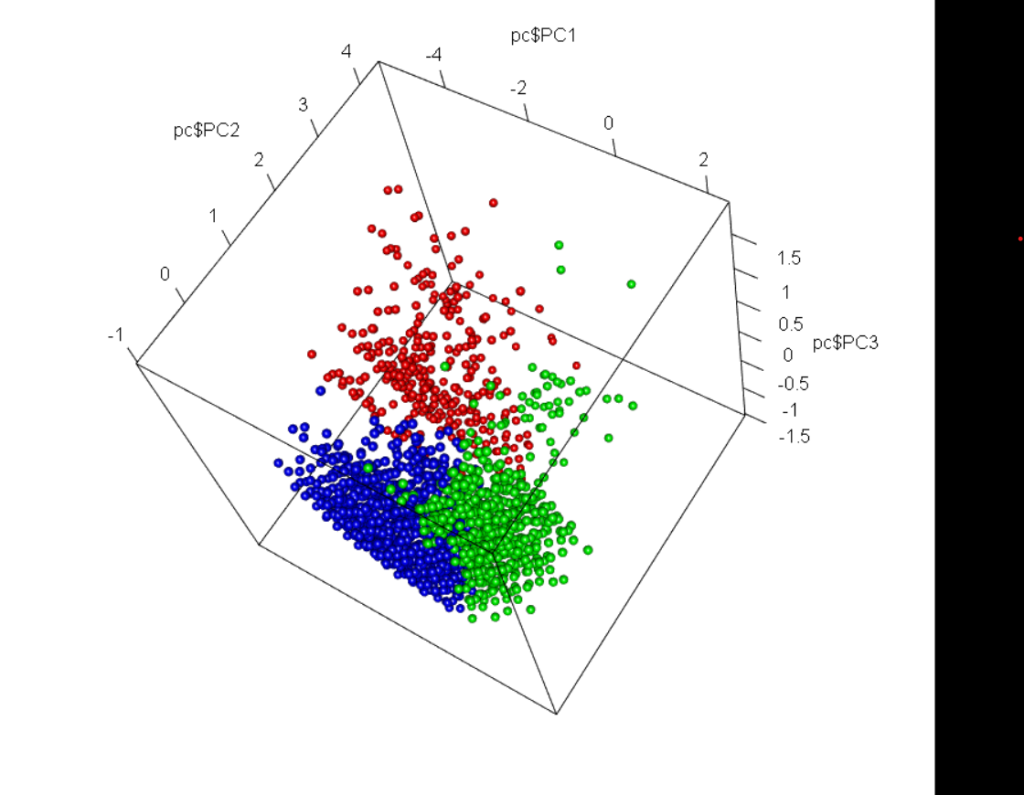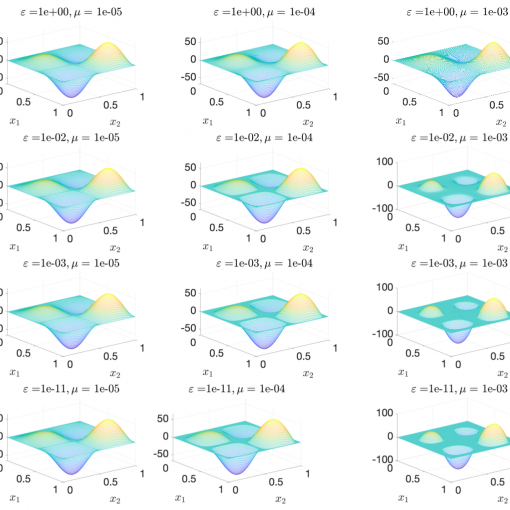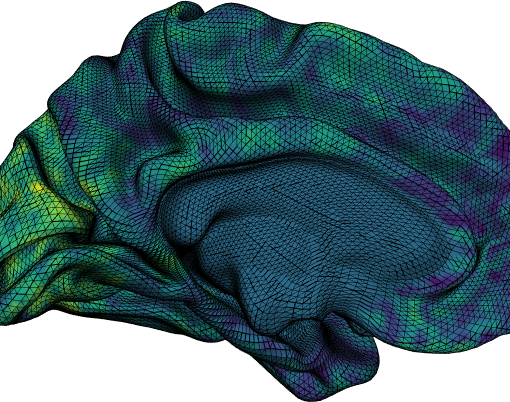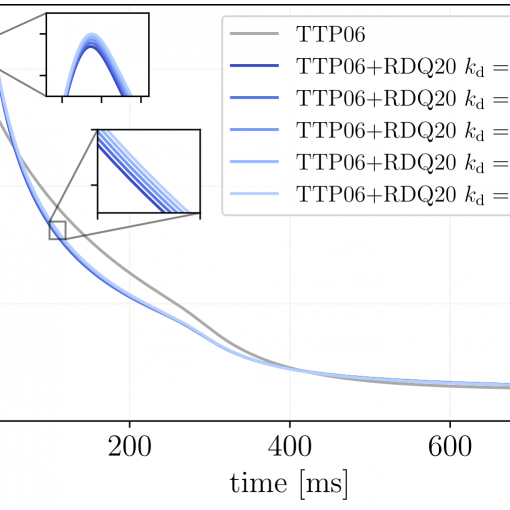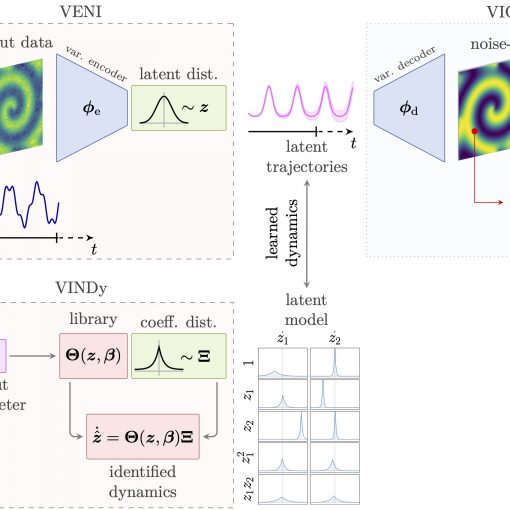A new MOX Report entitled “Measuring Academic Stress and Well-Being in Higher Education: A Psychometric Study” by Marino, F.; Guagliardi, O.; Di Stazio, F.; Mazza, E.; Paganoni, A.M.; Tanelli, M. has appeared in the MOX Report Collection.
Check it out here: https://www.mate.polimi.it/biblioteca/add/qmox/69-2025.pdf
Abstract: This study investigates the assessment of perceived academic stress and its impact on students’ mental health by employing advanced psychometric and statistical models. A dataset of 9,000 university students was analyzed using Item Response Theory (IRT), specifically the Four-parameter Nested Logistic Regression Model (4PLnRM), to estimate latent parameters that quantify well-being across nine stress-related domains. Linear and mixed-effects models were applied to identify the most relevant socio-demographic, psychosocial and academic risk factors, highlighting the strong influence of economic conditions, exam backlog, and academic self-perceptions. To further validate these measures, Random Forest classification models were trained to identify students at different levels of psychological vulnerability psychological risk, demonstrating that latent parameters are effective predictors of distress and well-being. Additionally, Explorator! y Factor Analysis (EFA) on self-reported mental health symptoms psychological symptoms revealed four interpretable latent factors—anxiety, depression, motivational block, and somatization—used in subsequent clustering to classify students into low, medium, and high-risk groups. Across methods, consistent associations emerged between risk classes and demographic variables such as gender, age, academic performance, and economic satisfaction. The results emphasize the value of latent psychometric modeling for identifying stress mechanisms and developing targeted interventions aimed at improving the academic climate and supporting students’ mental health.

